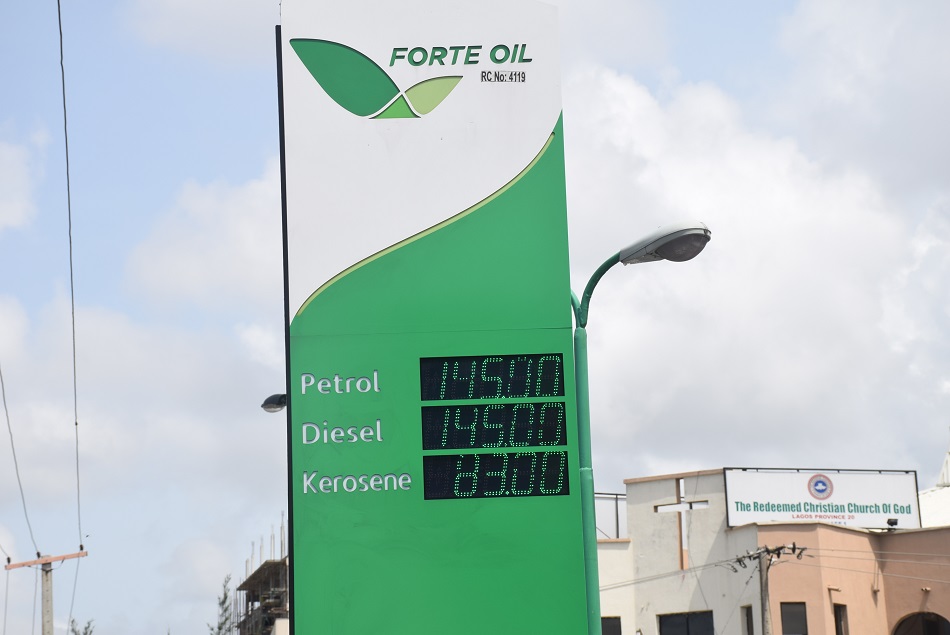The federal, state and local governments of Nigeria have seen their allocations plunge by N835 billion in the first six months of 2016, relative to the first six months of 2015.
A new report by the Nigeria Extractive Industries Transparency Initiative (NEITI) also suggests that this sharp drop in revenues may negatively impact budget implementation across the three tiers of government in 2016, increase the size of budget deficits, and deepen the debt burden.
Titled ‘FAAC Disbursements in First Half of 2016 and Possible Implications’, the report is the maiden issue of the NEITI Quarterly Review, a publication that will focus on issues around transparent and accountable management of revenues from the extractive sector.
In line with section 3(i) (j) of NEITI Act 2007, the report analysed disbursements by the federation accounts allocation committee (FAAC) in the first halves of 2015 and 2016, and highlighted possible implications for public governance and management in the country.
Advertisement
According to the report, revenues shared to the federal, states and local governments were less by N835.2 billion.
The report stated: “Total disbursements to the federal government fell from N1.23 trillion in the first half of 2015 to N854 billion in the first half of 2016. This represents a 30.9% decline.
“Total disbursements to states fell by 30.5% from N1.009 trillion in the first half of 2015 to N701 billion in the first half of 2016. For Local Governments, allocations from FAAC dropped by 26% from N580.63 bn to N429.43bn.”
Advertisement
The reasons for the plunge in allocations, according to NEITI, include the drastic fall in oil prices, lower oil production due to militancy activities, fall in consumption and investment expenditures, and decline in economic activities.
Add a comment







